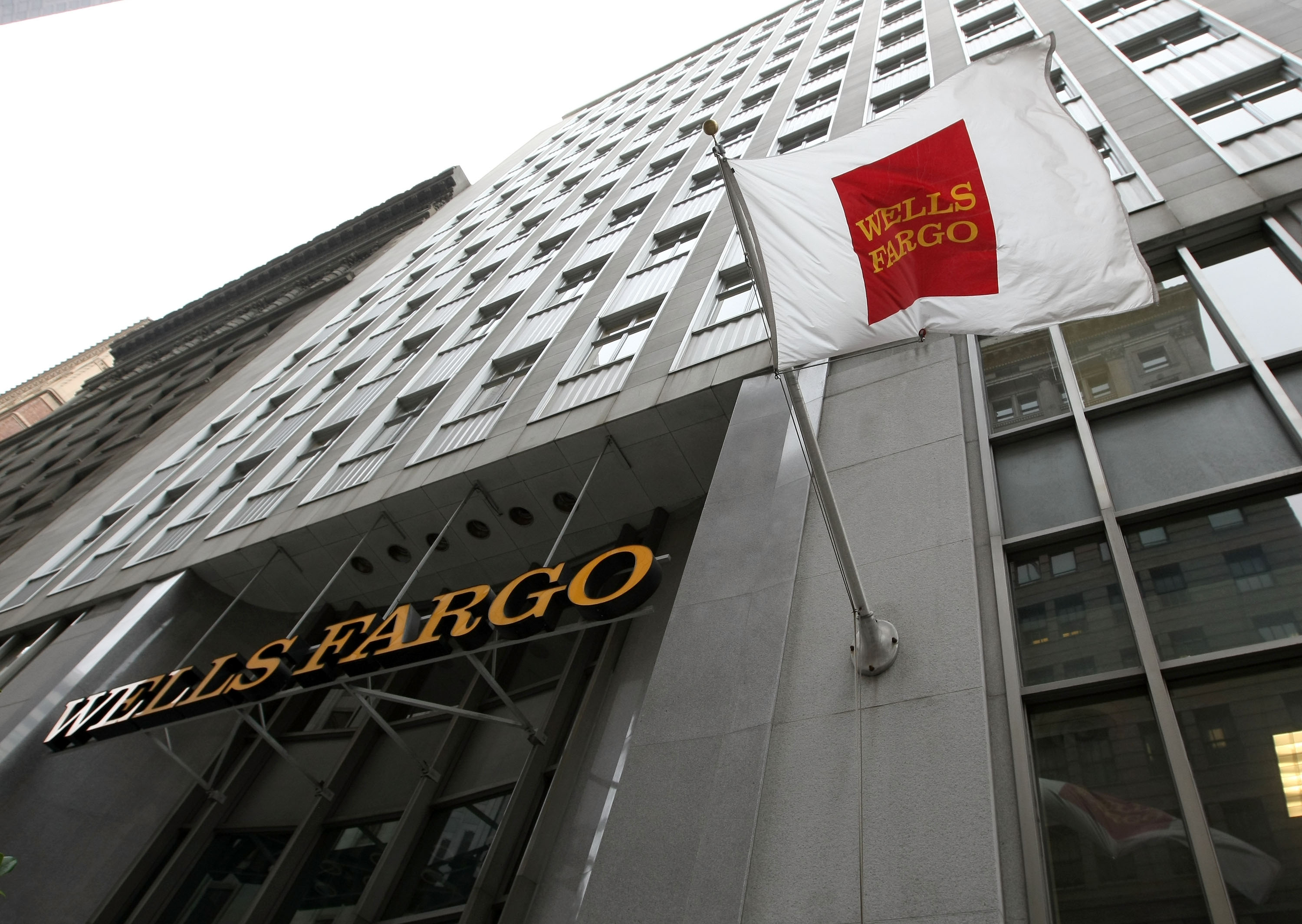Wells Fargo's phony-account scandal, explained
Authorities said Wells Fargo employees created about 2 million sham accounts going back to 2011

A free daily email with the biggest news stories of the day – and the best features from TheWeek.com
You are now subscribed
Your newsletter sign-up was successful
The smartest insight and analysis, from all perspectives, rounded up from around the web:
Wells Fargo has long portrayed itself as a "bank for Main Street," far removed from the excesses of Wall Street's wheeler-dealers, said Andrew Ross Sorkin at The New York Times. That carefully crafted image "evaporated" last week, with the revelation that the San Francisco–based bank had fired some 5,300 employees — roughly 1 percent of its workforce — for signing up customers for checking accounts and credit cards without their knowledge. Authorities said about 2 million sham accounts were opened going back to 2011, complete with forged signatures, phony email addresses, and fake PIN numbers — all created by employees who were hounded by supervisors to meet daily account quotas. The bank then charged customers at least $1.5 million in fees for the bogus accounts. "When politicians talk about Wall Street as a 'criminal enterprise,' this is exactly what they are talking about."
"Will anyone go to jail for this?" asked Jesse Singal at New York magazine. Unlikely. Wells Fargo has been ordered to pay $185 million in fines, but that's a pittance compared with the $5.6 billion the bank earned in just the second quarter of this year. Meanwhile, the bank's victims weren't just nickel-and-dimed with overdraft and maintenance fees. Many of them took "significant hits" to their credit scores for not staying current on accounts they didn't even know about. "They'll likely have difficulty securing home and car loans at reasonable rates for years to come, simply because their bank decided to defraud them." Wells Fargo's woes originated in its aggressive cross-selling approach, which encouraged salespeople to sign customers up for multiple bank products, said Helaine Olen at Slate. Someone with a savings account would be pressed to also open a checking account, get a credit card, and perhaps even take out a mortgage. Employees who missed sales quotas would have to work weekends or stay late. But so far none of the bank's executives has been fired, even though "they bear as much — if not more — responsibility as the low-level employees who got caught holding the bag."
The Week
Escape your echo chamber. Get the facts behind the news, plus analysis from multiple perspectives.

Sign up for The Week's Free Newsletters
From our morning news briefing to a weekly Good News Newsletter, get the best of The Week delivered directly to your inbox.
From our morning news briefing to a weekly Good News Newsletter, get the best of The Week delivered directly to your inbox.
"If bank regulation were doing its job," Wells executives wouldn't have allowed such risk taking, said Adam Davidson at New Yorker. As it happens, the fine levied against Wells is "just a tiny fraction" of what it likely earned from its sales tactics. Over the past 13 years, the bank increased the average number of products per customer from four to more than six. At a bank with 70 million customers, that translates into tens of billions of dollars. Until executives face meaningful penalties, the message is clear: Do what it takes to make money, "even if it leads to some fraud." You can be sure that Wells execs "directly benefited" from the scam, said David Dayen at The Fiscal Times. The bank proudly touted its account growth to investors, which helped the bank's stock double in value between 2011 and 2015. Carrie Tolstedt, who oversaw the banking division responsible for the fake accounts, just left in July with a $125 million retirement package. It's figures like that that help "explain the anger and frustration Americans feel about a rigged system."
A free daily email with the biggest news stories of the day – and the best features from TheWeek.com
-
 How the FCC’s ‘equal time’ rule works
How the FCC’s ‘equal time’ rule worksIn the Spotlight The law is at the heart of the Colbert-CBS conflict
-
 What is the endgame in the DHS shutdown?
What is the endgame in the DHS shutdown?Today’s Big Question Democrats want to rein in ICE’s immigration crackdown
-
 ‘Poor time management isn’t just an inconvenience’
‘Poor time management isn’t just an inconvenience’Instant Opinion Opinion, comment and editorials of the day
-
 The pros and cons of noncompete agreements
The pros and cons of noncompete agreementsThe Explainer The FTC wants to ban companies from binding their employees with noncompete agreements. Who would this benefit, and who would it hurt?
-
 What experts are saying about the economy's surprise contraction
What experts are saying about the economy's surprise contractionThe Explainer The sharpest opinions on the debate from around the web
-
 The death of cities was greatly exaggerated
The death of cities was greatly exaggeratedThe Explainer Why the pandemic predictions about urban flight were wrong
-
 The housing crisis is here
The housing crisis is hereThe Explainer As the pandemic takes its toll, renters face eviction even as buyers are bidding higher
-
 How to be an ally to marginalized coworkers
How to be an ally to marginalized coworkersThe Explainer Show up for your colleagues by showing that you see them and their struggles
-
 What the stock market knows
What the stock market knowsThe Explainer Publicly traded companies are going to wallop small businesses
-
 Can the government save small businesses?
Can the government save small businesses?The Explainer Many are fighting for a fair share of the coronavirus rescue package
-
 How the oil crash could turn into a much bigger economic shock
How the oil crash could turn into a much bigger economic shockThe Explainer This could be a huge problem for the entire economy